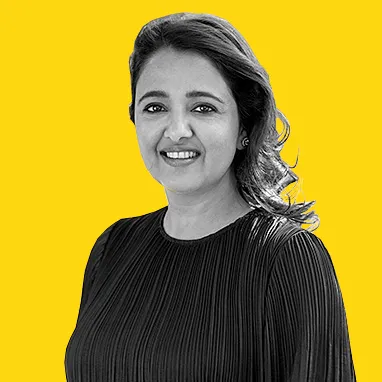Does your child with ADHD sleep well, or do they toss and turn all night long?
Not every child with ADHD has sleep problems, but it can happen. In one study, about half the parents said their child with ADHD had difficulty sleeping. Parents reported that their child felt tired when they woke up, had nightmares, or had other sleep problems such as sleep apnea or restless legs syndrome. Another study involving children with ADHD found the children had less refreshing sleep, difficulty getting up, and more daytime sleepiness.
Snoring and ADHD
Large tonsils and adenoids can partially block the airway at night. This can cause snoring and poor sleep.
That, in turn, may lead to attention problems the next day. In one study of 5- to 7-year-olds, snoring was more common among children with mild ADHD than in other children. In another study, kids who snored were almost twice as likely as their peers to have ADHD. However, that doesn't prove that snoring caused ADHD.
Children who snore tend to score worse on tests of attention, language abilities, and overall intelligence. Some studies have shown that taking out the tonsils and adenoids may result in better sleep and improved behavior without the need for medications.
Sleep Apnea and ADHD
People with sleep apnea have brief episodes when they stop breathing, though they don't know it. These episodes can happen frequently throughout the night.
Enlarged tonsils and adenoids are the most common causes of sleep apnea in children. But obesity and chronic allergies can also be a cause.
As with adults, children with sleep apnea will be tired during the day. They may have problems concentrating and might have other symptoms related to lack of sleep. For instance, they may be irritable.
Sleep apnea in children is treatable. Your pediatrician or an ear, nose, and throat specialist can determine whether your child's tonsils are enlarged enough to possibly block the airway and cause sleep apnea.
To confirm the diagnosis, the child may get a sleep study that's done in a special laboratory. Not every child with enlarged tonsils or with loud snoring has sleep apnea.
Surgery is the treatment of choice for kids with enlarged tonsils and adenoids. Other treatments are available for those with restricted nighttime breathing due to allergies or other causes.
Restless Legs Syndrome and ADHD
Studies show some link between sleep disruption and ADHD and restless legs syndrome (RLS) and ADHD. With restless legs syndrome, there is a creeping, crawling sensation in the legs and sometimes in the arms. This sensation creates an irresistible urge to move. Restless legs syndrome causes sleep disruption and daytime sleepiness.
People with restless legs syndrome and related sleep disruption may feel inattentive, moody, and/or hyperactive -- which can all be symptoms of ADHD. Some researchers believe that people with restless legs syndrome and some people with ADHD may have a common problem related to the brain chemical dopamine. However, not everyone with ADHD has restless legs syndrome.
Narcolepsy and ADHD
Some children who have ADHD show symptoms of narcolepsy. These include excessive daytime sleepiness, sudden loss of muscle tone triggered by strong emotions (cataplexy), seeing or hearing things that aren’t there (hallucination), and sleep paralysis.
Children who have narcolepsy are about twice as likely to have ADHD. Research also suggests that ADHD symptoms may be harder to treat with medication in children who also have narcolepsy.
Help Your Child With ADHD Get Good Sleep
Be a "no caffeine" family. Watch for hidden caffeine in your child's diet. Keep caffeinated beverages and foods out of your kitchen.
Be consistent. Have a consistent, daily routine with specific bedtimes, waking times, meals, and family times.
Screen out sounds. If your child is bothered by noises while sleeping, use a "white noise" machine that makes a humming sound. Get ear plugs for kids who are extra-sensitive to noise.
Keep your child's bedroom dark during sleep. Exposure to light can interfere with the body's natural production of melatonin.
Avoid sleep medications. If medications are absolutely necessary, talk to your child's doctor first.
Consider medical problems. Allergies, asthma, or conditions that cause pain can disrupt sleep. If your child snores loudly and/or pauses in breathing, consult your doctor. Difficulty with sleep can also be a symptom of anxiety and depression.
Make sure your child gets daily exercise. Avoid exercising right before bedtime. Studies show that regular exercise helps people sleep more soundly.
Give your child a warm bath before bedtime. Sleep usually follows the cooling phase of the body's temperature cycle. After your child takes a bath, keep the temperature in their bedroom cool to see if it helps.
Avoid watching TV, playing violent video games, and roughhousing before bedtime. It's too stimulating.
Review your child's medications. Let your doctor know about your child's sleep problems. Ask your doctor if you can give the morning dose of ADHD medication earlier in the day, or if shorter-acting medications might help.
